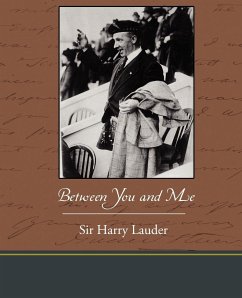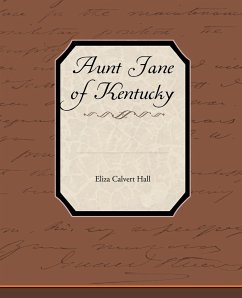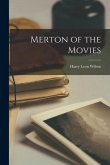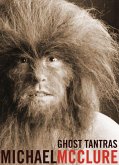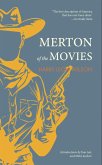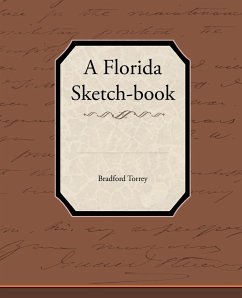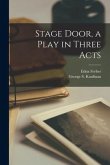Sir Henry Lauder (1870 - 1950) was a notable Scottish entertainer, described by Sir Winston Churchill as "Scotland's greatest ever ambassador. Lauder first appeared in his music-hall career as an Irish comedian. He toured the world extensively during his forty-year career, including 22 trips to the United States. During World War I he was active in fund raising and touring music halls helping with recruitment. Lauder wrote many popular songs, performed in three movies and wrote a number of books. His books include a number of books which ran into several editions, including Harry Lauder at Home and on Tour (1912), A Minstrel in France (1918), Between You and Me (1919), and Roamin' in the Gloamin' (1928).

